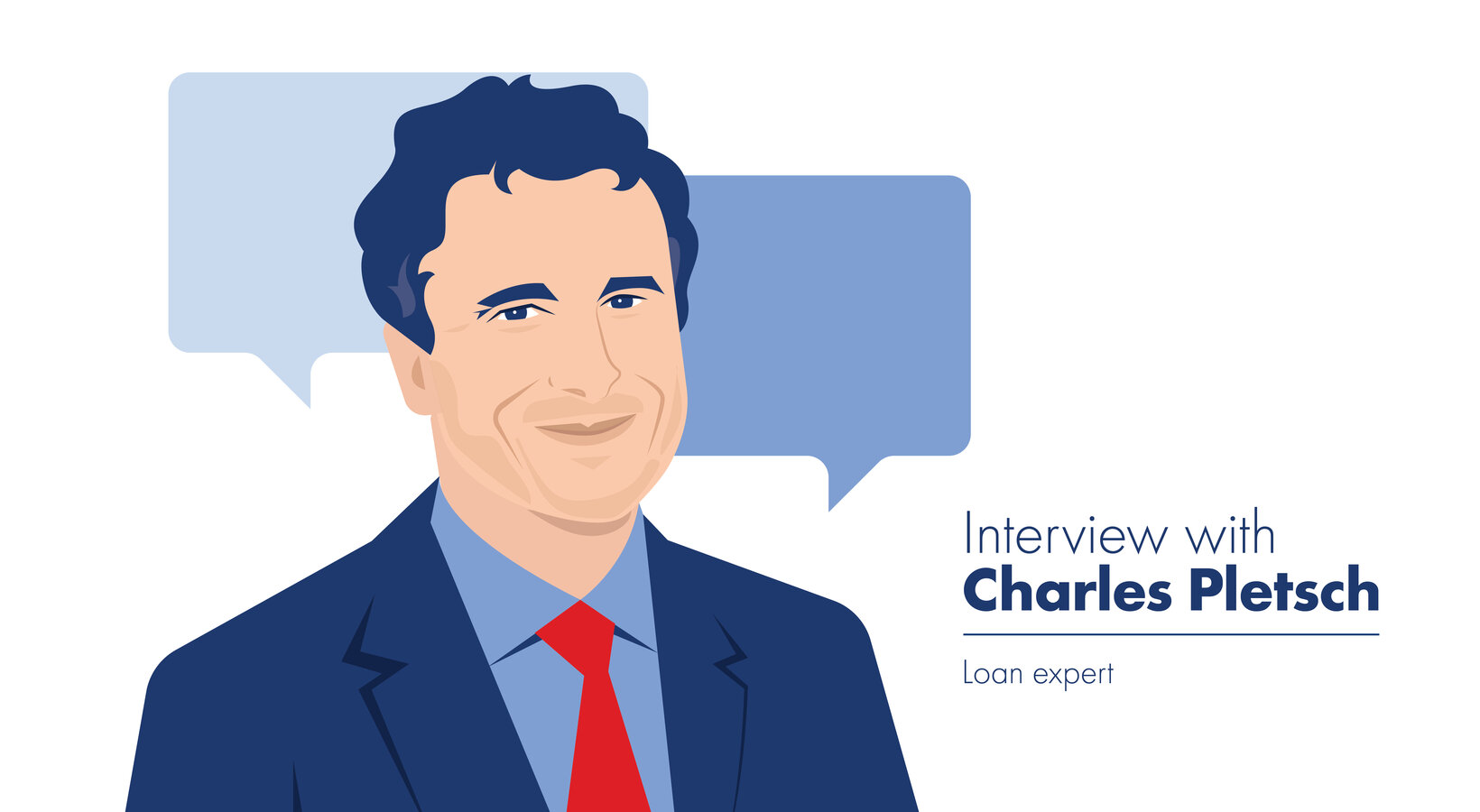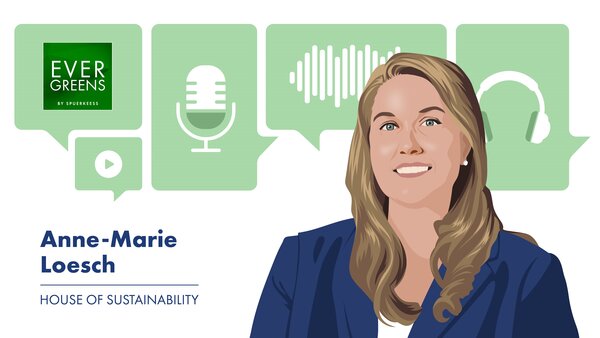Given the number of factors at play, as well as current geopolitical and economic uncertainties, it's hard to say how real estate prices will be affected.
● On the one hand, higher interest rates and tougher access to credit are adversely impacting demand. The same can be said for announcements of measures liable to make rental properties less lucrative. On top of that, you have a shortage of labour, the risk of construction firms going under, lengthy procedures to mobilise land, etc.
● On the other hand, the Luxembourg economy is still going strong, and the resulting influx of immigrants is continuing to drive demand. While the current land shortage appears to be less of a driving force behind price rises, factors such as inflation and higher cost of labour/materials are causing prices to climb, at least when it comes to new builds. That said, a downtrend can already be seen on the existing real estate market.
All of these various factors illustrate the complexity of the issue and make it difficult to give accurate projections. STATEC recently posted its forecasts for real estate prices in 2023 and currently expects them to fall -2.3% on a rolling 12-month basis. In December 2022, STATEC still predicted that real estate prices would climb 0.8% after rising 14% in 2021.
Despite current uncertainties, we still have a positive view of real estate investment over the medium and long term. In recent years, the number of homes built per year in Luxembourg has consistently been less than what was actually needed. There is nothing indicating that the deficit that has accumulated in terms of supply can be caught up in the medium term. On the contrary, it may even get worse. In other words, the market is unable to meet demand, meaning that a significant and persistent decrease in prices is unlikely.




![[Translate to English:] [Translate to English:]](/fileadmin/_processed_/4/7/csm_438_EXP_Julien_Kohn_Spuerkeess_9001fc61ae.jpg)
![[Translate to English:] [Translate to English:]](/fileadmin/_processed_/c/3/csm_437_EXP_David_Schmit_Spuerkeess_6beedf10c9.jpg)
![[Translate to English:] [Translate to English:]](/fileadmin/_processed_/6/7/csm_433_EXP_Francesco_Ferrero_LIST_31171ca1b1.jpg)
![[Translate to English:] [Translate to English:]](/fileadmin/_processed_/d/1/csm_434_EXP_Nicolas_Griedlich_Deloitte_f84788af86.jpg)
![[Translate to English:] [Translate to English:]](/fileadmin/_processed_/0/d/csm_435_EXP_Rachid_M_haouach_Spuerkeess_6aout25_4132487c59.jpg)
![[Translate to English:] [Translate to English:]](/fileadmin/_processed_/0/6/csm_431_EXP_Claude_Wurth_Spuerkeess_7146fed026.jpg)
![[Translate to English:] [Translate to English:]](/fileadmin/_processed_/7/5/csm_368_EXP_Alternatives_epargne_Pro_c96f107bd8.jpg)
![[Translate to English:] [Translate to English:]](/fileadmin/_processed_/0/d/csm_392_EXP_Michel_MARX_189a526800.jpg)
![[Translate to English:] [Translate to English:]](/fileadmin/_processed_/9/d/csm_328__EXP__Andrea_Maramotti__Immotop_163f2ecbe1.jpg)

